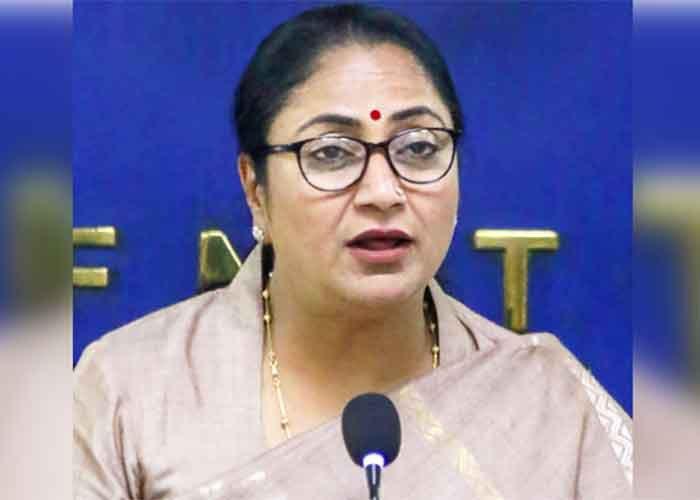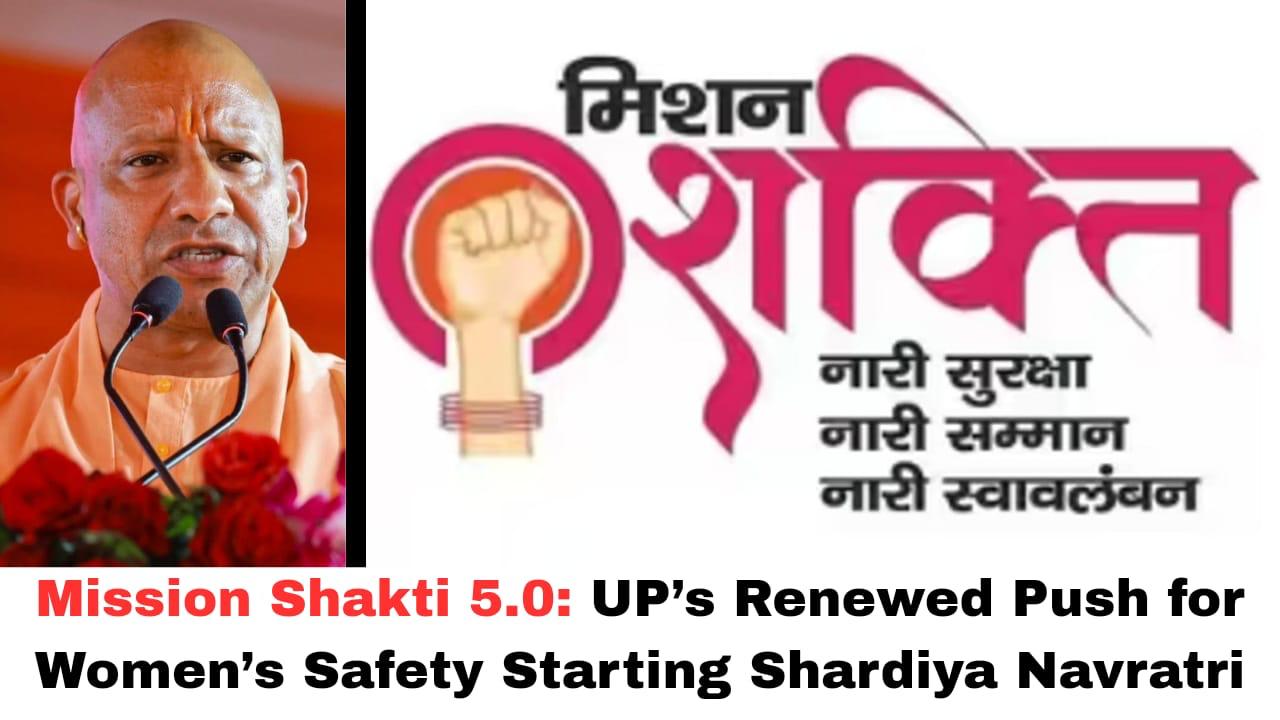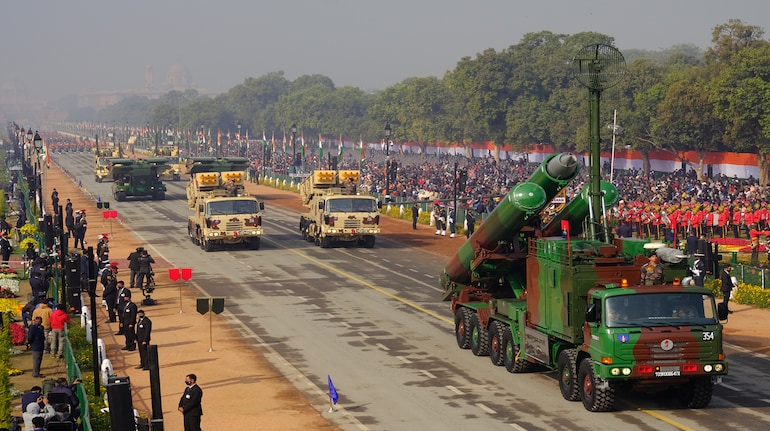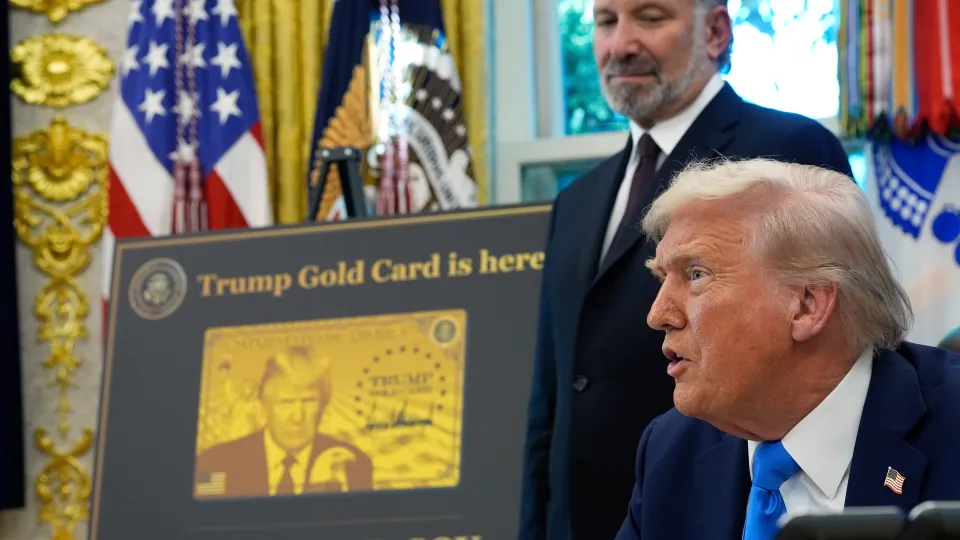 Image Source: X
Image Source: X
Delhi’s ambitious aspirations to become a zero waste city have been invigorated by Chief Minister Rekha Gupta’s recent call to the plastic industry, urging it to play an instrumental role in transforming the capital’s waste management paradigm. By rallying manufacturers, recyclers, innovators, and businesses, the city aims for unprecedented collaboration to curb plastic pollution, boost recycling, and embed zero-waste principles citywide.
Key Highlights: Major Campaigns and Policy Drives
A comprehensive 20-day cleanliness drive was launched, targeting single-use plastics, market litter, and sanitation hotspots across Delhi. The effort mandated strict bans on single-use plastics in public spaces, schools, and religious places, supported by increased inspections and fines for violators.
Every deputy commissioner has designated “model areas” to showcase best practices in sanitation, greenery, and waste management, setting the stage for broad public emulation.
The campaign marked a “historic moment,” according to CM Gupta, uniting the Centre, Delhi government, and municipal authorities in a “triple-engine governance” push that emphasizes accountability and rigorous cleaning schedules.
Innovative Plastic Waste Solutions
The Public Works Department (PWD) initiated a review of all zones on plastic waste utilization for road construction, reflecting a growing trend of repurposing plastics for infrastructure. This practice strengthens bituminous roads and eliminates significant plastic volumes from landfills.
New “Geocell” technology, devised by the Central Road Research Institute (CRRI) with Bharat Petroleum, uses waste plastics to build robust, easy-to-lay roads—projected for rollout across difficult terrain in Delhi and broader India.
Plastic waste by-laws are being finalized for notification, with plans for more PET bottle collection points and plastic compactors in mall and market areas.
Community and Industry Engagement
The “Freedom from Garbage” campaign expanded public participation, drawing in residential groups, businesses, RWAs, NGOs, students, and more. Special clean-ups focused on slum clusters, markets, railway lines, and landfill hot spots, with weekends reserved for citizen-led events.
Social awareness drives, real-time digital reporting, and interagency coordination have been central to galvanizing civic pride and responsible waste disposal.
Delhi’s garbage cafes provide another innovative model—trading meals for collected plastic, especially for marginalized waste pickers, highlighting community empowerment and environmental stewardship.
Challenges and Long-Term Vision
Despite short-term improvements like cleaner railway tracks and increased landfill processing (from 15,000 MT to 25,000 MT per day), persistent issues remain around remote slum clusters, unserved industrial belts, and narrow market lanes.
Delhi’s long-term vision includes expanding zero-waste colonies, ramping up biomining and waste-to-energy projects, and driving sustained behaviour change through education and local leadership.
CM Gupta emphasizes that the plastic industry must champion sustainable packaging, invest in recycling technologies, and innovate with alternatives to problematic materials.
Looking Ahead
The campaign’s extension into October signals a commitment to addressing gaps and integrating lessons learned, with renewed vigilance for persistent waste hotspots.
The CM calls for systematic support from the plastic sector—adopting green supply chains, embracing producer responsibility, and partnering in research and social outreach.
Ongoing dialogue between government, plastic businesses, civic bodies, and citizens aims to fuse technology, policy, and social innovation for a lasting zero-waste legacy.
Conclusion
Delhi’s bold zero waste initiative—anchored by the CM’s appeal to the plastic industry and the city’s unified campaign—marks a pivotal moment for urban transformation. Success hinges on collective action, new technologies, and sustained public engagement. From innovative road trials to empowering garbage cafes, Delhi is building a cleaner, greener future—if industry and society rise together to the challenge.
Sources: India Today, Times of India, YesPunjab, New Indian Express, BBC Future
Advertisement
Advertisement






